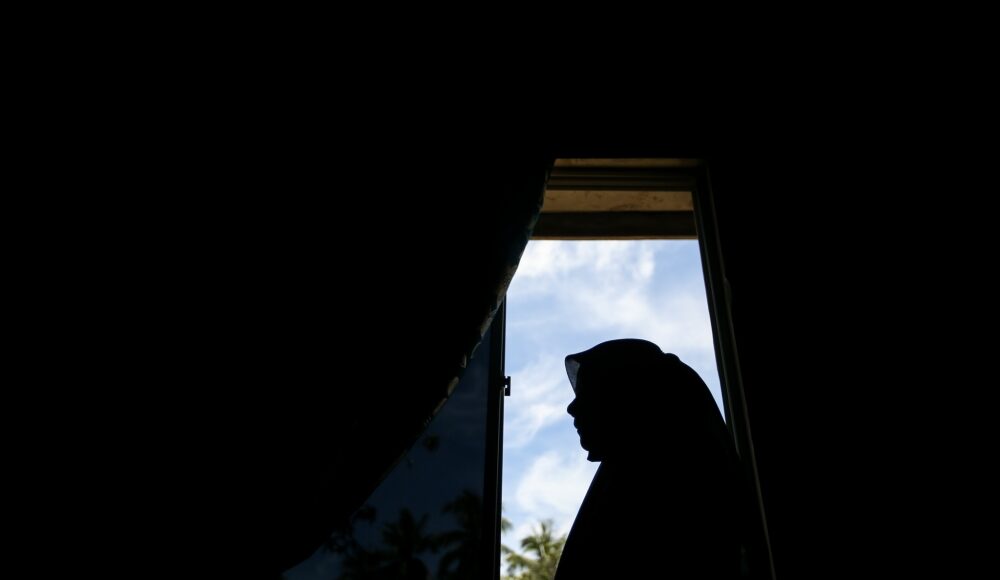JULY 14 — Across South-east Asia, rapid development has become a badge of honour. Skyscrapers rise, highways stretch farther, and GDP figures climb. Yet in the shadows of this growth are communities that remain unseen — not because they hide, but because states refuse to see them.
In East Malaysia’s Sabah and South Jakarta’s Pancoran, entire communities exist without legal identity. Many were born and raised in these places, speak the national language, and contribute to local economies. Still, they are excluded from basic rights — education, healthcare, formal employment — because they lack documents that the state deems essential for recognition.
Sabah is home to an estimated 800,000 stateless individuals. Many are descendants of migrants from Southern Philippines or Indonesia, born on Malaysian soil but denied birth certificates due to their parents’ undocumented status. This absence of legal identity locks them in an inherited cycle of exclusion — where rights are not denied, but simply never granted.
In Jakarta, the story echoes. In neighbourhoods like Pancoran Buntu II, residents have lived for over two decades, yet remain officially “non-existent”. Labeled as squatters on illegal land, they are barred from receiving national ID cards (KTP), enrolling their children in public schools, or accessing government healthcare schemes like BPJS. These communities, too, are caught in a legal grey zone — present in society, absent in bureaucracy.
This invisibility is not accidental. It is produced through rigid administrative systems that equate legality with worth. And it is maintained through state responses that focus more on removal than inclusion. In Sabah, undocumented residents face routine deportations. In Jakarta, so-called illegal settlements are frequently demolished in the name of urban planning — often without fair relocation or compensation.
But despite systemic neglect, these communities do not fold. They organise. In Sabah, stateless parents have created community-based schools to ensure their children receive at least basic literacy. Others form cooperatives, sports teams, and religious groups to maintain a sense of normalcy. These are not charity projects. They are survival strategies — and acts of citizenship.
In Pancoran, residents have built informal classrooms in narrow alleyways. Local youth run art sessions, futsal leagues, and community legal clinics. Together, they build not just solidarity, but a shared identity as residents who belong — even if the state says otherwise.
These efforts are quiet forms of resistance. They challenge the idea that rights are only for the documented. They insist that presence, participation, and contribution must also count. They offer a powerful reminder: citizenship is not merely a legal status. It is a lived experience.
Still, grassroots resilience is not enough. These communities cannot — and should not — be expected to fix exclusion on their own. The responsibility lies with governments. Both Malaysia and Indonesia must move away from punitive, administrative responses toward inclusive, rights-based policies.
To do this, the state must first acknowledge that its official data often fails to reflect the reality on the ground. According to research by Celios, inaccurate poverty statistics and outdated registries prevent many eligible families from accessing aid. Invisibility is not always about absence — it is often the result of being ignored.
One way forward is through participatory mapping — where communities document their own lives, needs, and barriers. This isn’t just data collection. It is a political act: claiming space, asserting identity, and confronting the state with evidence of its blind spots.
Community-generated data can guide more just public budgeting. Instead of investing heavily in elite infrastructure projects that displace the poor, governments should prioritise basic services — education for undocumented children, community-based healthcare, and legal recognition of long-standing settlements.
This requires serious commitment. According to Celios, shifting Indonesia toward a more socially and ecologically just economy may need over RM250 billion in public financing by 2045. That figure is not abstract — it signals the scale of structural investment required to truly include the marginalised.
Crucially, social inclusion must become a cross-border agenda. The patterns seen in Sabah and Pancoran are not unique — they are regional. Statelessness, forced eviction, and bureaucratic exclusion affect millions across South-east Asia. Solutions must be collaborative.
Civil society in Malaysia and Indonesia can lead the way — by sharing tools, co-developing community-driven education models, and exchanging survival strategies. Solidarity must go beyond advocacy. It must build a new knowledge system — one led by those on the margins.
The question is no longer whether these people belong. They do. The challenge is whether the state is willing to recognise them — not just with documents, but with dignity.
Let us begin in Sabah. Let us continue in Pancoran. Let communities lead, and let states follow their courage. Only then can we say that South-east Asia’s development is not just fast — but also fair.
* The author is the executive director of Lokataru Foundation, a human rights organisation based in Indonesia.
** This is the personal opinion of the writer or publication and does not necessarily represent the views of Malay Mail.





